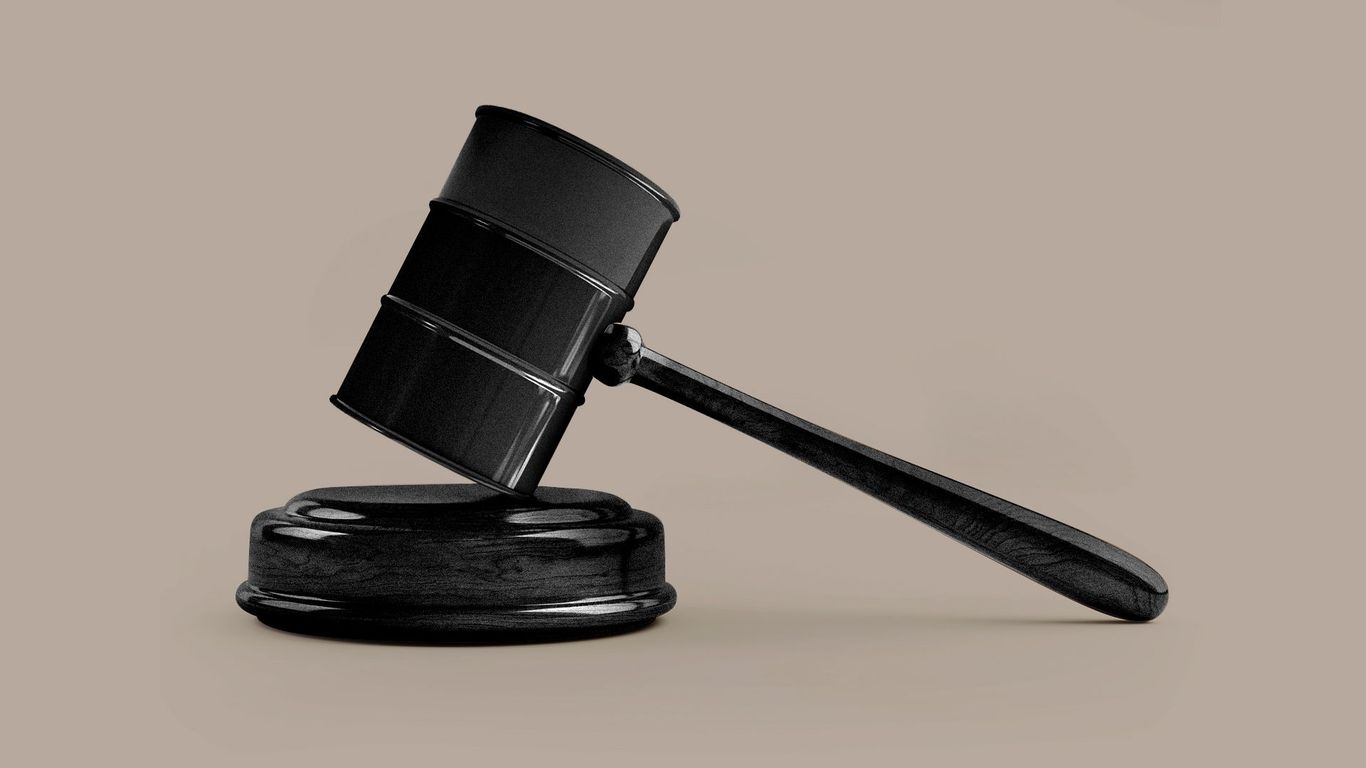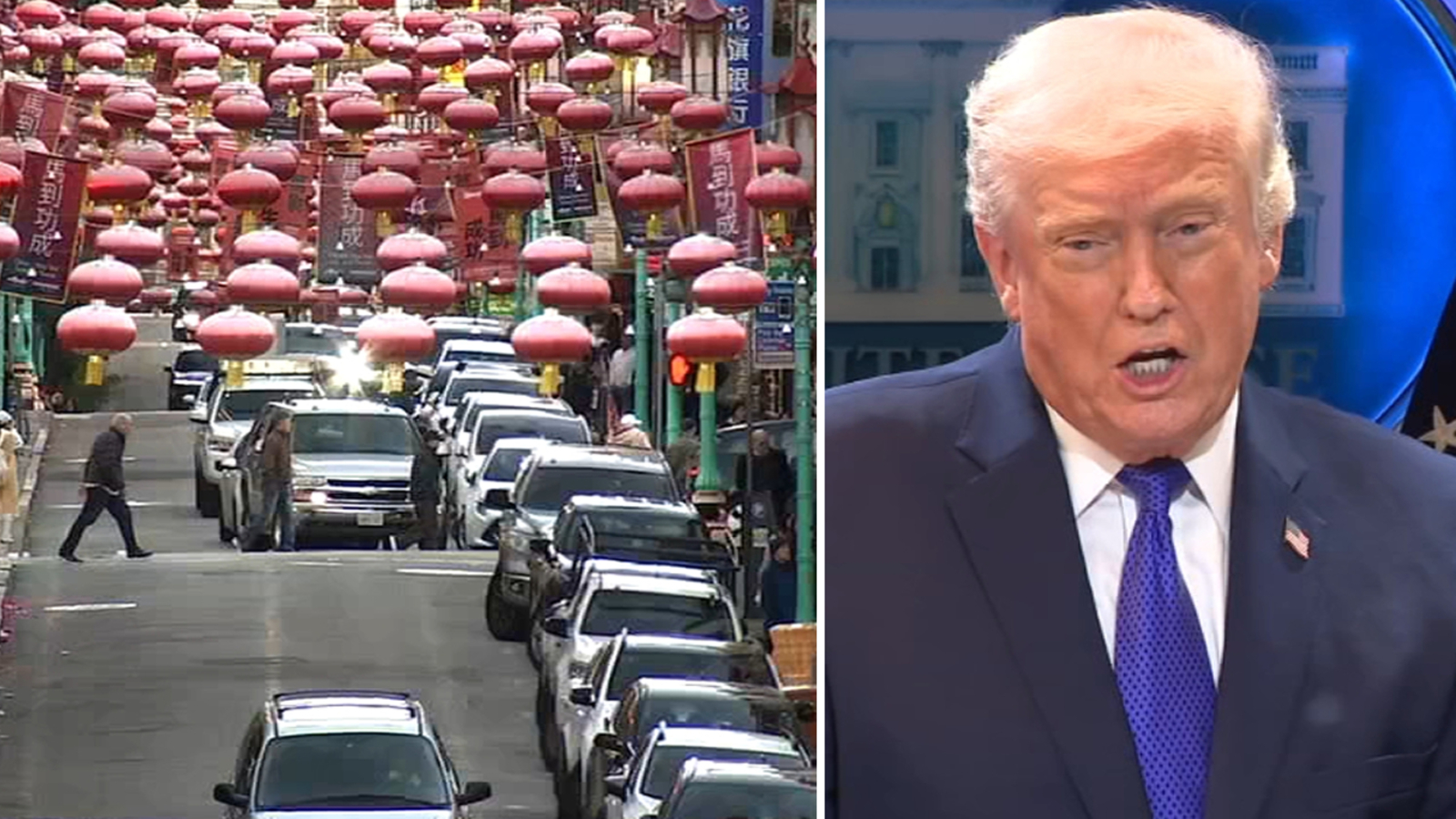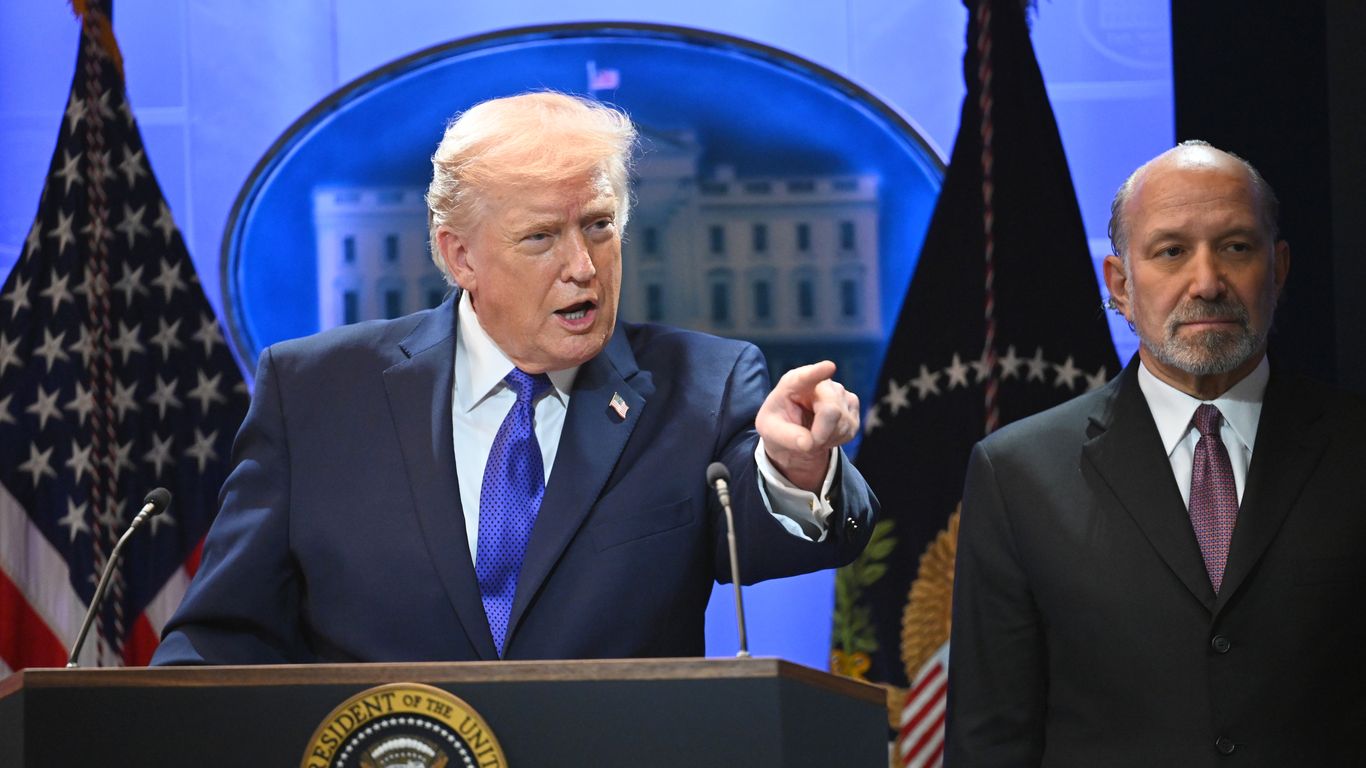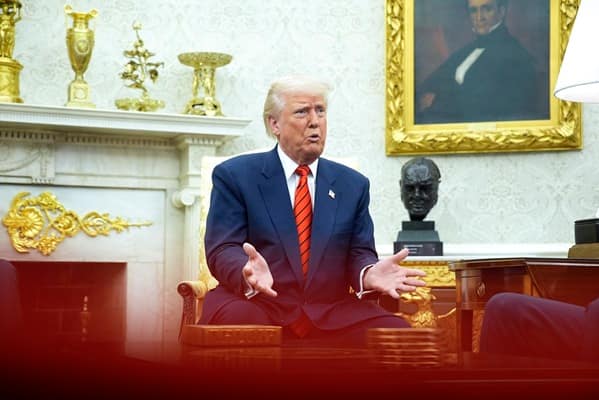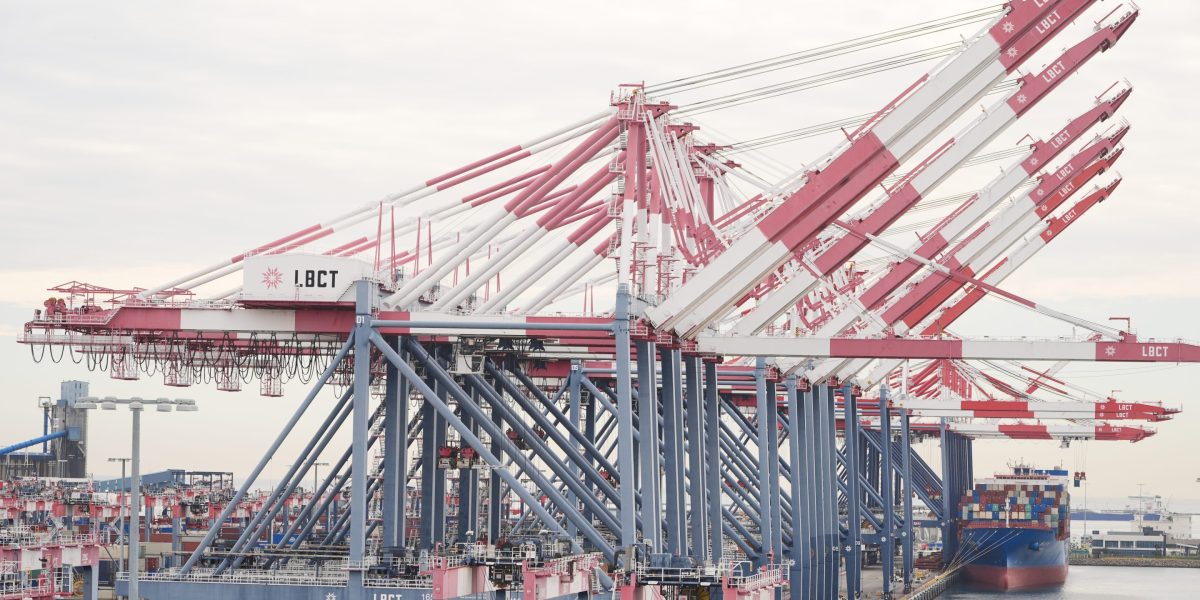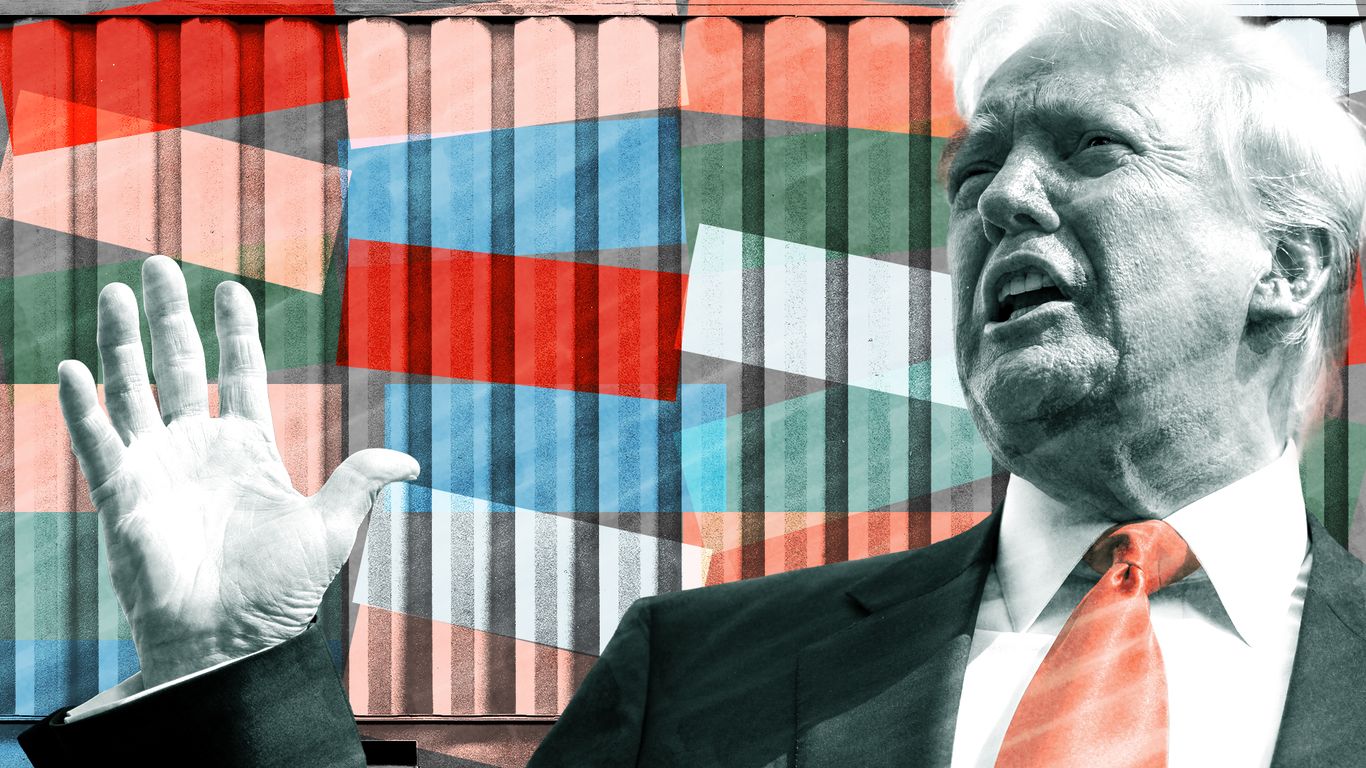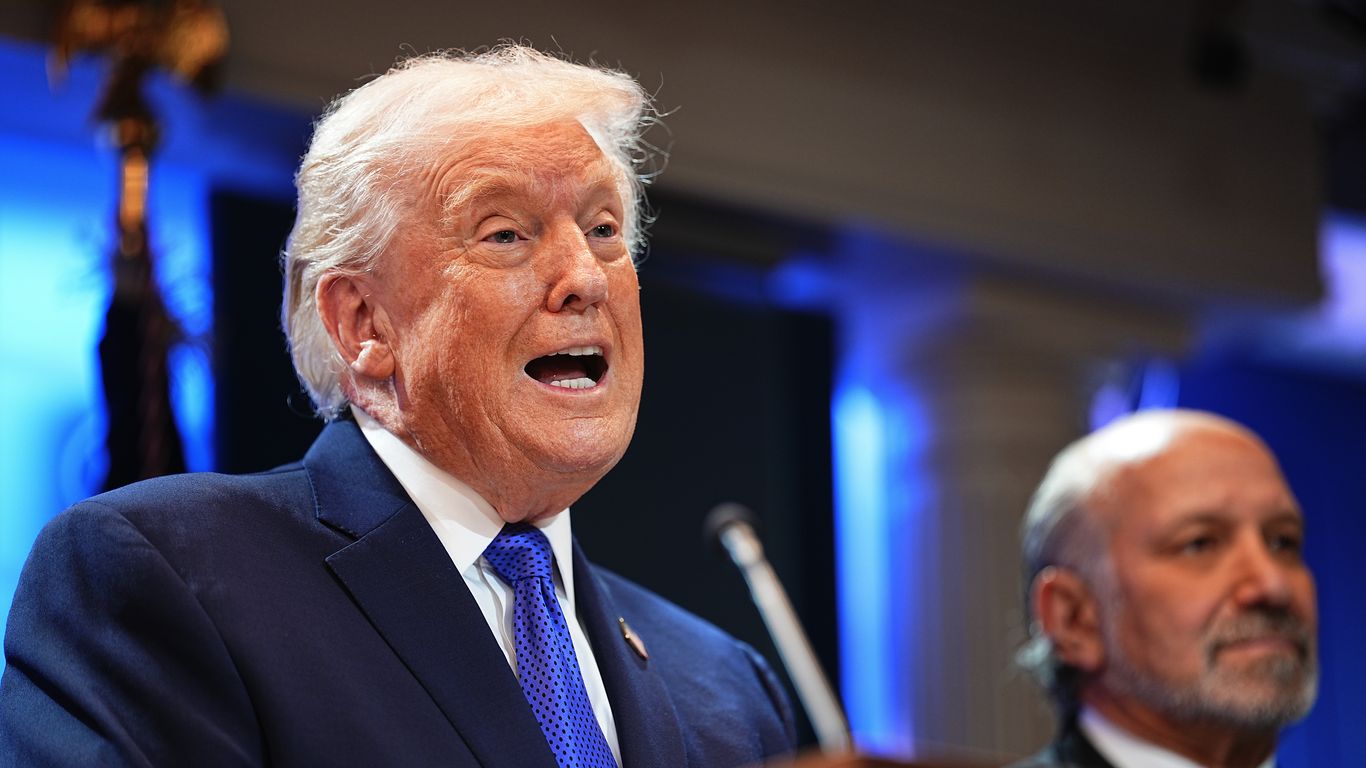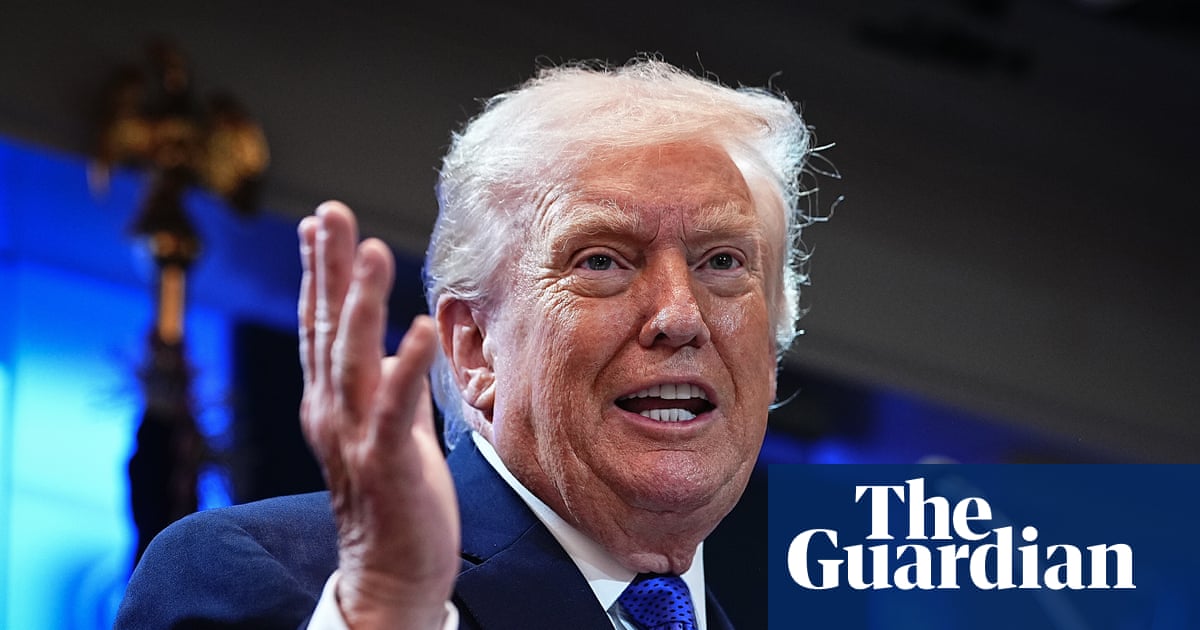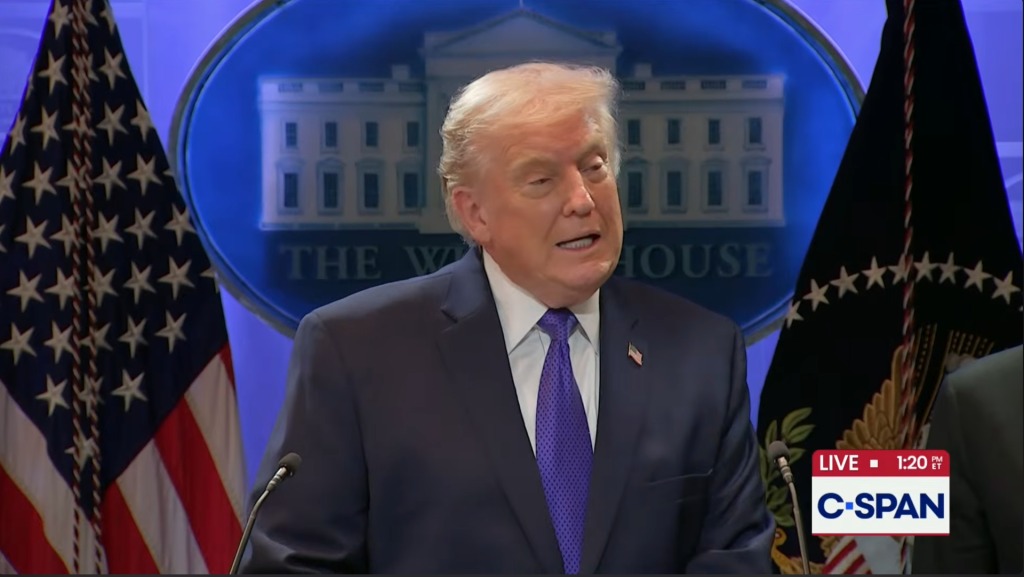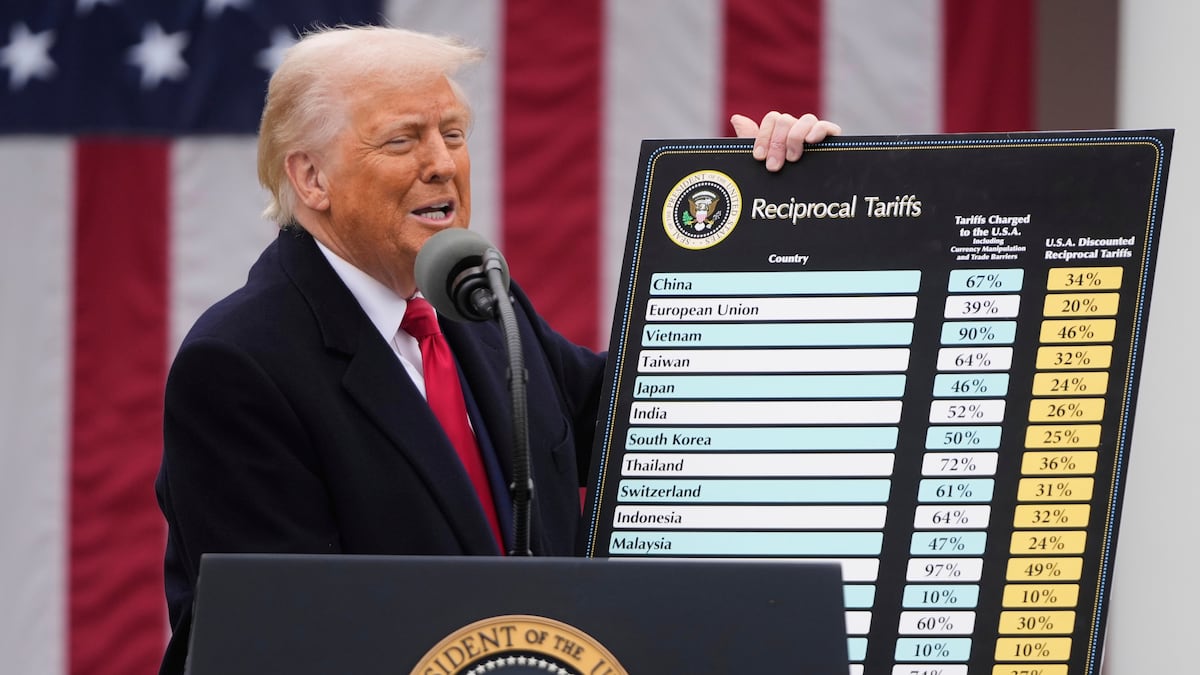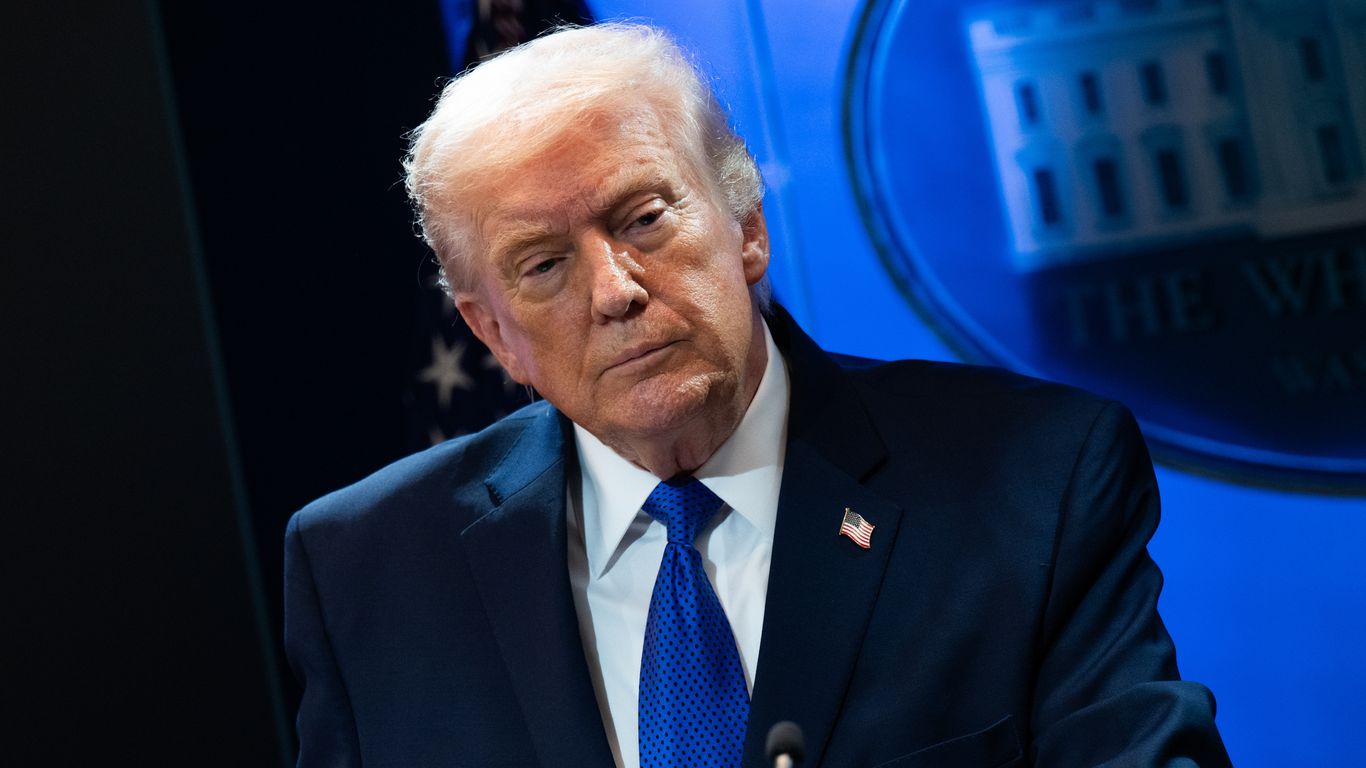#tariffs
#tariffs
[ follow ]
#supreme-court #ieepa #trade-policy #trump #refunds #donald-trump #trade-law #section-122 #separation-of-powers
fromwww.aljazeera.com
5 hours agoBrazil does not want a new Cold War', says President Lula
I want to tell the US President Donald Trump that we don't want a new Cold War. We don't want interference in any other country; we want all countries to be treated equally, Lula told a news conference at the end of his three-day trip to India on Sunday.
World news
US politics
fromwww.mediaite.com
14 hours agoLet Me Speak!' House Republican Battles Dem Strategist Who Accused Him Of Being in the Tank for Trump
Rep. Mike Lawler defended his record against accusations of enabling Trump, citing policy pushback, a SALT tax cut for New York, and votes on fentanyl emergency and tariffs.
fromwww.independent.co.uk
23 hours agoMinister fails to rule out retaliation over Trump tariffs
From reproductive rights to climate change to Big Tech, The Independent is on the ground when the story is developing. Whether it's investigating the financials of Elon Musk's pro-Trump PAC or producing our latest documentary, 'The A Word', which shines a light on the American women fighting for reproductive rights, we know how important it is to parse out the facts from the messaging.
US politics
fromwww.mediaite.com
1 day agoTrump Yanks Endorsement for Republican Lawmaker for Second Time Ever Over Lack of Support' for Tariffs
Based on a lack of support, in particular for the unbelievably successful TARIFFS imposed on Foreign Countries and Companies which has made America Richer, Stronger, Bigger, and Better than ever before, I am hereby WITHDRAWING my Endorsement of RINO Congressman Jeff Hurd, of Colorado's 3rd District, and fully Endorsing Highly Respected Patriot, Hope Scheppelman, to take his place in Congress.
US politics
fromBusiness Insider
2 days agoCorporate America's toughest job right now? Being a COO during the tariff whiplash
"Tariffs are written in DC, and they're felt in the COO's inbox," Jason Schloetzer, a professor at Georgetown's McDonough School of Business, told Business Insider. "It's kind of an impossible job."
US politics
[ Load more ]



